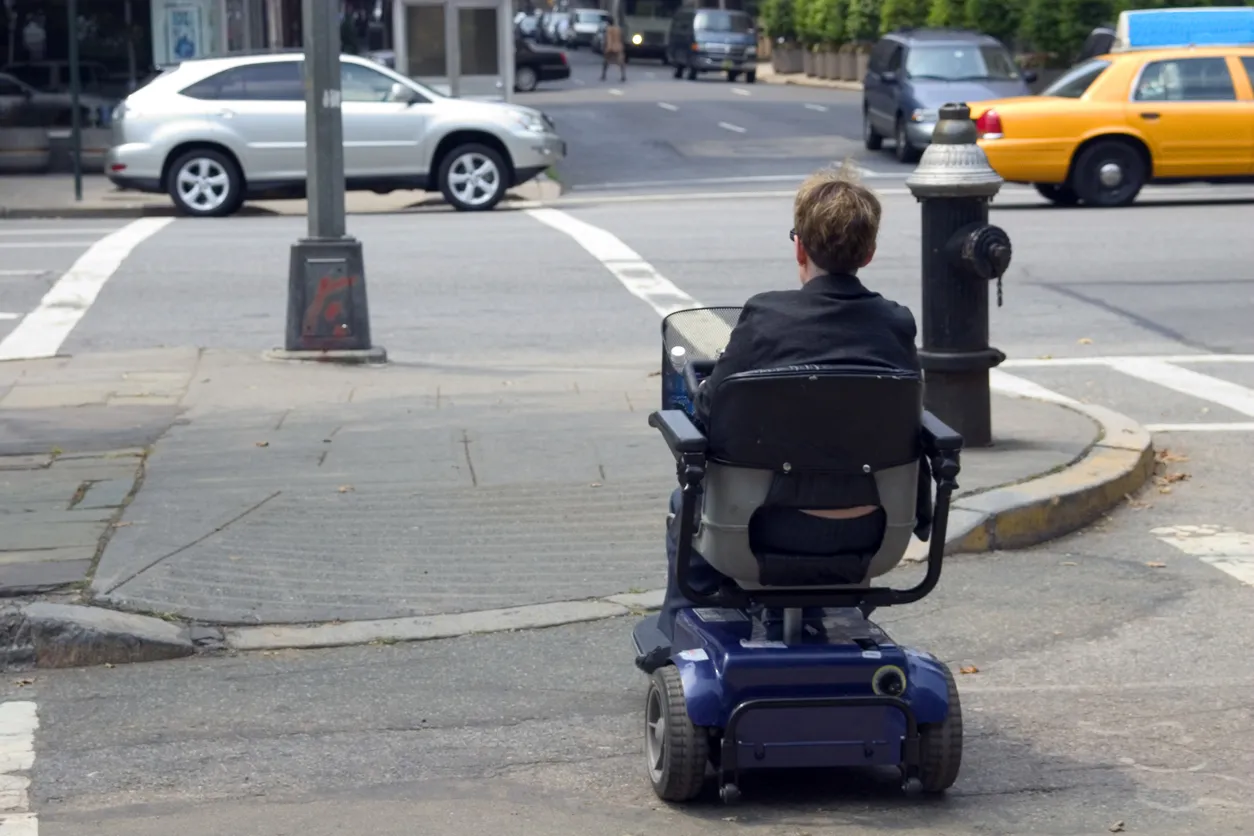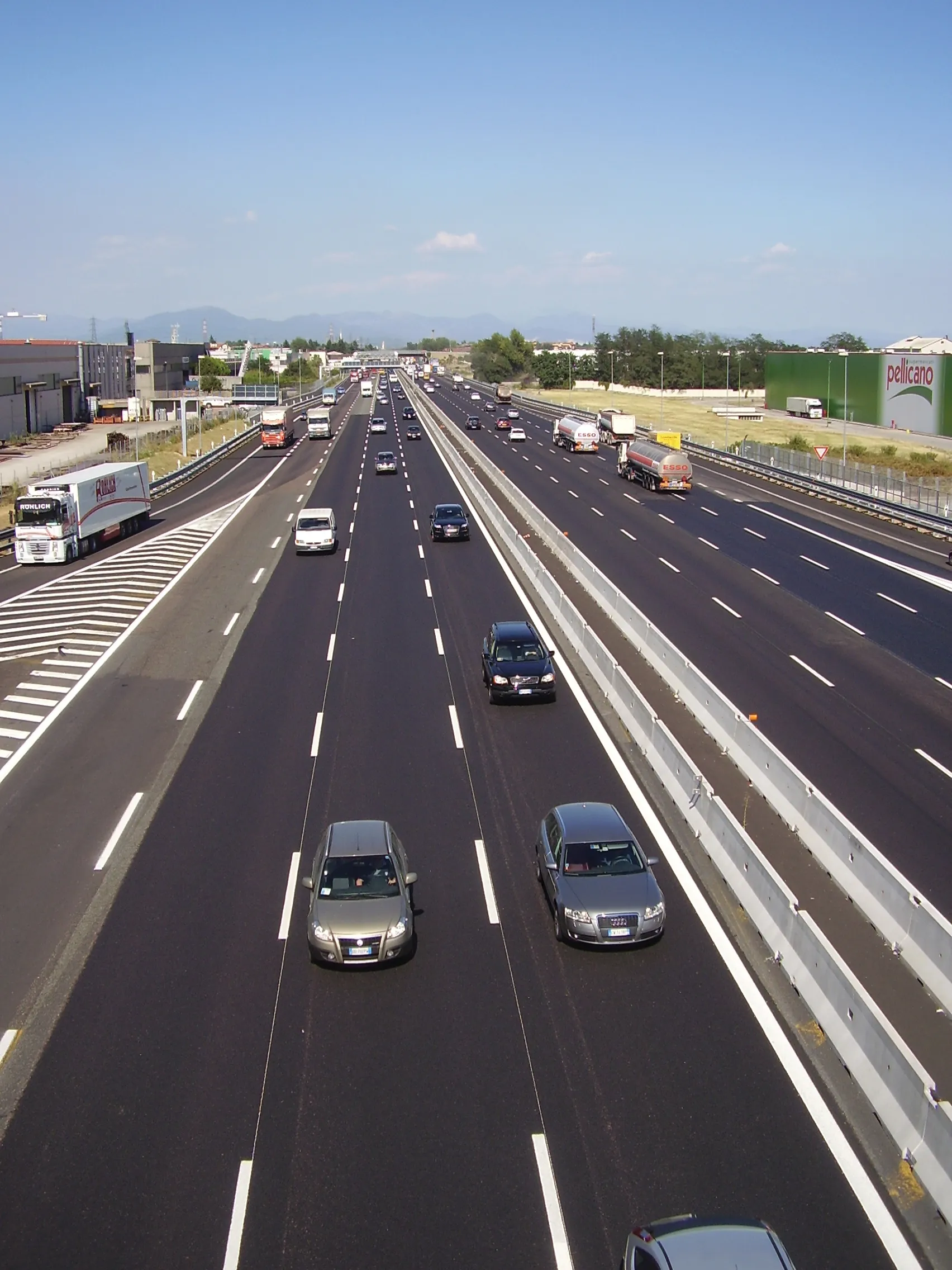
The latest traffic data research reveals a high risk for users of mobility scooters. The data comes from the UK’s Department for Transport (DfT) road casualty statistics. This shows that mobility scooter users more than two and a half times more likely to be killed than other road users in the event of a road crash.
The DfT data shows that in 2022, nine mobility scooter users were killed and 270 were injured in collisions on UK roads. Of concern is that mobility scooter casualties have increased by an average of 20%, year on year over the last decade.
Despite their vulnerability, new mobility scooter drivers are not legally required to undergo any form of training before using their vehicle in a public place. Earlier this year, the findings of the largest ever study of more than 250 motorised mobility scooter users by Nottingham Trent University were published. Around 62% of those questioned in the research had not received any form of training, and of the 38% who had, most had received training around vehicle handling. Very few received training about the hazards they would face, with only 8% attending training on an inside course or completing outdoor training or observation.








